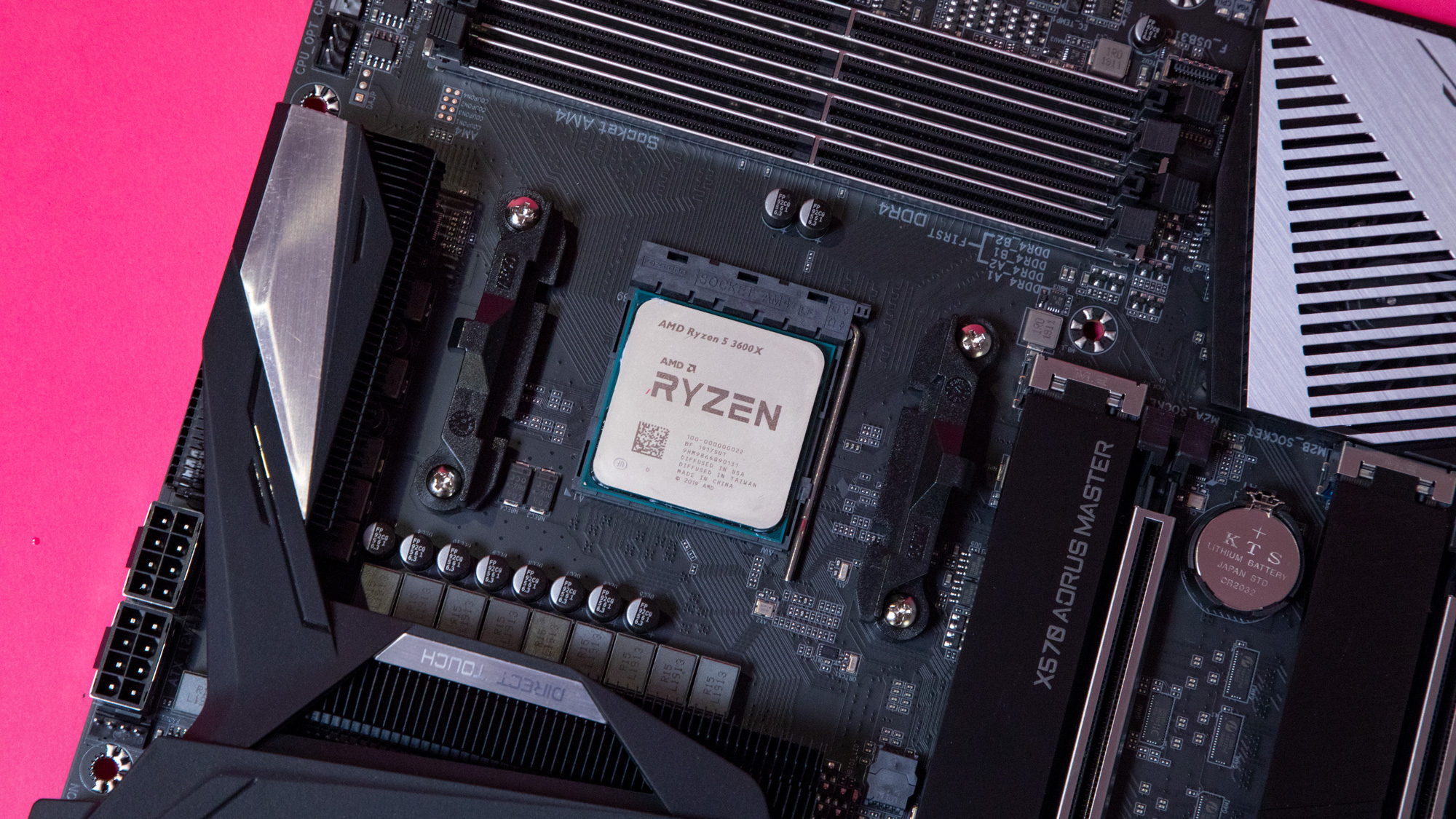Windows 11 update makes nasty gaming bug with AMD CPUs even worse
Report points to much worse performance after Windows 11 got patched yesterday

Sign up for breaking news, reviews, opinion, top tech deals, and more.
You are now subscribed
Your newsletter sign-up was successful
Windows 11 has problems with the slowdown of games for those running AMD Ryzen processors, as was officially confirmed last week – but a new patch from Microsoft has reportedly made these issues even worse.
Unfortunately, the very first patch Tuesday update for Windows 11, which arrived yesterday, seems to have thrown more spanners in the works when it comes to the pair of bugs – which includes a gremlin with L3 cache latency being much higher – dragging gaming performance down further. (Note that this patching wasn’t supposed to cure anything gaming-related – but it certainly wasn’t expected to worsen the situation).
- AMD vs Nvidia: who makes the best graphics card?
- How to fix Windows 11 problems
- We'll show you how to build a PC
This is according to Tech PowerUp, with the tech site performing tests using a Ryzen 7 2700X CPU which had an L3 cache latency of 10ns originally, which was driven up to 17ns by the cache bug, and is now way worse after Microsoft’s new cumulative update was applied. In fact, latency now stands at 31.9ns, so the problem is not far off twice as bad (and triple the original latency).
There is some good news in the report, though, namely that AMD has given us release dates for the patching of these two bugs, according to a post on Reddit.
The L3 cache problem has already been resolved by Microsoft – we have indeed seen references to the cures in dev builds of Windows 11 going back a month – and the fix is set to be deployed on October 19.
We’ll be waiting slightly longer for the other issue to be kicked into touch, which is a glitch with UEFI CPPC2 impacting some apps and games, but the fix is expected on October 21. Note that these are targeted dates, so it’s not inconceivable that last-minute problems could crop up to delay things a bit further.
Analysis: A painful problem made worse – but don’t rush or botch the solution, Microsoft
It’s an alarming measurement to see the cache latency spike up even further – quite dramatically, really – after a round of Windows 11 patching has been applied, and obviously this could leave some AMD processor owners even more frustrated with their gaming performance.
Sign up for breaking news, reviews, opinion, top tech deals, and more.
That said, this is just a single test scenario of one particular Ryzen chip, and we can’t put too much emphasis on it as a result. Other folks may not find the same happening with their PCs, and indeed there are some posts on the above linked Reddit thread where gamers are saying that they’re not experiencing any noticeable difference with their performance levels.
The level of impact is, of course, based on a whole load of variables, not just including the exact hardware configuration of the PC, but also the game being played (and what settings it’s running with).
As AMD made clear in its initial admission of the cache latency problem, the bigger performance hits – of up to 15% drops in the frame rate, apparently – are what it describes as ‘outliers’, so the majority of systems shouldn’t see this kind of sluggishness.
It’s likely that these bigger slowdowns pertain to those running the likes of CS:GO at 1080p and high frame rates, with a high refresh rate monitor for ultra-smooth gameplay (AMD mentions esports shooters specifically as worst-case scenarios). Of course, these are the kind of competitive gamers who are going to be pulling their hair out at even a slight slowdown, let alone a drop that’s in double figures.
Other folks more likely to see their performance levels affected include those running 8-core Ryzen chips, or CPUs with even more cores than that (and TDPs of over 65W), as AMD previously clarified is the case with the UEFI CPPC2 bug.
Tech PowerUp makes an interesting point about the urgency of these fixes, not just because of the potential high levels of slowdown that an apparent minority is encountering, but because of the imminent launch of Intel’s Alder Lake chips.
The new 12th-gen processors from Intel are expected to arrive at the start of November, and are tuned to work with Windows 11. That means reviewers will be benchmarking in that OS, and doing the same with AMD Ryzen 5000 processors to compare and contrast performance. So, if Windows 11 results with Ryzen chips are being knocked off kilter by these bugs, it’s easy to see why AMD is very keen to get the fixes out there – to prevent Alder Lake looking even better than it should do (with rumors already indicating it’s a strong performer).
However, if Microsoft is rushing a fix through for next week under pressure, well, we can only look at the track record of wonky Windows cumulative updates that fix something while breaking something else, and hope that this won’t be a scenario we’re again facing later in October.
Darren is a freelancer writing news and features for TechRadar (and occasionally T3) across a broad range of computing topics including CPUs, GPUs, various other hardware, VPNs, antivirus and more. He has written about tech for the best part of three decades, and writes books in his spare time (his debut novel - 'I Know What You Did Last Supper' - was published by Hachette UK in 2013).